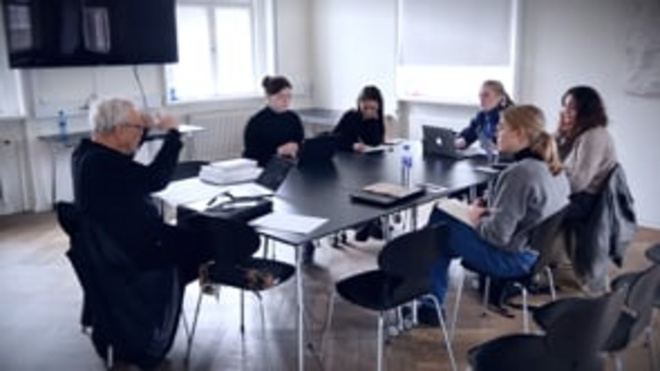Læreanstalternes Fælles Byplankursus
’The Shared Planning Course’ (’Læreranstalternes Fælles Byplankursus) was formed on a student-initiative across the universities in Denmark in order to promote cross-disciplinary experience and learning within the planning-disciplines. More relevant than ever, the course is hosted by the Royal Danish Academy - Architecture, Design, Conservation in these years. The course gives a thorough introduction to the field through lectures and texts, but most importantly it gives students the possibility to put their competencies and professional knowledge at play in direct relation to students from other fields.
Spring Term 2024
Institute of Architecture, Urbanism and Landscape
Royal Danish Academy – Architecture, Design, Conservation
6th February – 17th March 2024
Lectures, Reading, Discussion, Group Project Work
Language: English
Level: Master
Credits: 10 ECTS
Lectures including preparation approx. 80 hours (approx. 250 pages literature) Project work and workshops approx. 120 hours.
Course Capacity: 40 students
Requirement: Open to all students enrolled in a relevant Master education
Course Leader: Gustavo Ribeiro
Supervisors: Gustavo Ribeiro, Johan Mottelson, Jonna Krarup, Jan Loerakker and Mikkel Møller Roesdahl
Teaching: Full-time teaching block from 6th February to 27th February – comprising lectures, discussions, and course work. From 28th February to 9th March 1 day per week 09:00 - 16:00 supervision
Report: Project report (4 persons group): 7 - 10 pages per student (3600 characters). The report must comprise a problem formulation and reflection and analysis with a point of departure on a selected urban condition, in addition to programming and proposal on an overall conceptual level. The deadline for submission of the report is 10th March 2024
Examination: Interim assignments and oral presentations. Assessment based on overall appraisal of hand-ins, course project and oral presentations.
Marking Scale: 7-point grading scale
Censorship Form: Internal censorship


